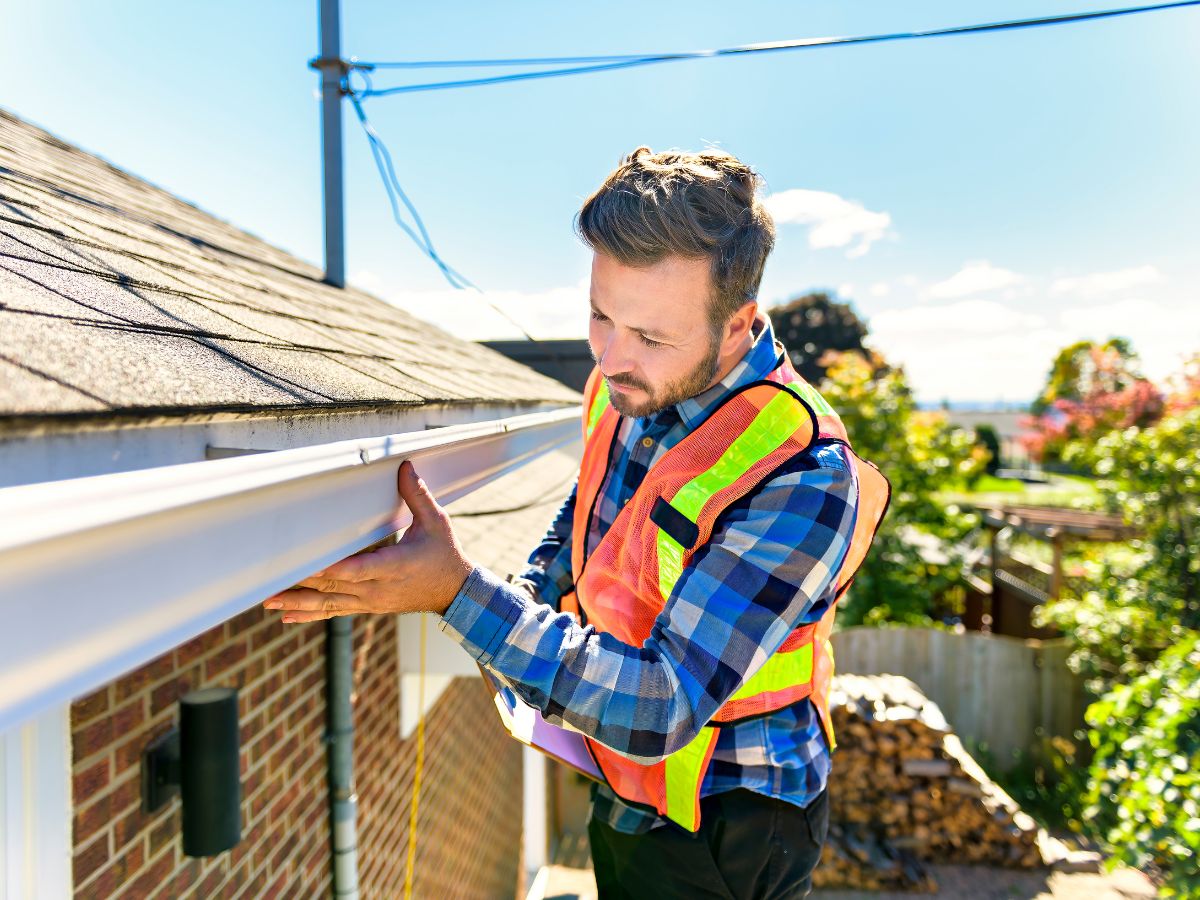When purchasing a home in San Diego, one of the most important steps in the transaction process is the property inspection. Inspections help uncover issues that may not be visible during a standard walkthrough and give buyers the opportunity to evaluate the home's condition before finalizing the purchase. Here's what you need to know about inspections during a real estate transaction in San Diego.
🔍 What Is a Home Inspection?
A home inspection is a comprehensive examination of a property's systems and structure, typically performed by a licensed home inspector. The inspector provides a detailed report outlining the condition of the home and highlighting any safety issues or needed repairs. While inspections are not mandatory by law, they are a standard part of the due diligence process in California real estate transactions.
🏡 What Does a Standard Inspection Cover?
Most general home inspections include an evaluation of:
- Roof and attic
- Plumbing and electrical systems
- Heating and air conditioning (HVAC)
- Foundation and structure
- Windows and doors
- Appliances
- Walls, ceilings, and floors
This inspection is typically conducted within the first 17 days of the escrow period, but the timeline can be shortened or extended depending on the terms of the contract.
🧰 Additional Inspections to Consider
In San Diego, due to the region’s climate and terrain, buyers may opt for additional specialized inspections:
- Termite/Pest Inspection – Assesses for wood-destroying pests and damage.
- Sewer Line Inspection – Uses a camera to check the condition of underground sewer lines.
- Mold Inspection – Important in coastal or damp areas.
- Geological/Soil Inspection – Particularly relevant for hillside homes or areas prone to shifting ground.
- Pool/Spa Inspection – For properties with these amenities.
📄 Inspection Contingency
In California, most purchase contracts include an inspection contingency, which gives buyers the right to conduct inspections and request repairs, credits, or even cancel the contract based on the findings. This contingency is a critical protection for buyers and should not be waived lightly.
🔧 After the Inspection: What Happens Next?
Once the inspection is complete, buyers will review the report with their real estate agent. Depending on the findings, buyers can:
- Accept the home as-is
- Request the seller to make certain repairs
- Ask for a credit to cover repair costs
- Renegotiate the price
- Cancel the contract (if within contingency period)
Sellers are not obligated to agree to any repairs or credits, so these negotiations must be approached thoughtfully and strategically.
💡 Why Inspections Matter in San Diego
San Diego homes can vary widely in age, construction style, and location—from coastal bungalows to hillside estates. Inspections are especially important here to identify potential weather-related wear, pest issues, or structural vulnerabilities tied to our unique environment.
Final Thoughts
Property inspections are a vital part of the home buying process in San Diego. They not only protect buyers from unexpected costs but also ensure they are making a well-informed investment. Partnering with a knowledgeable real estate agent and qualified inspectors will provide peace of mind and a smoother path to closing.
Need inspector referrals or have questions about what to expect during your home inspection? We’re here to help. Reach out any time!

